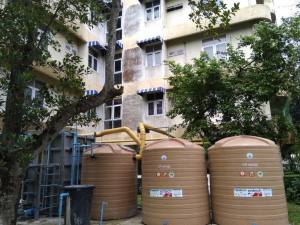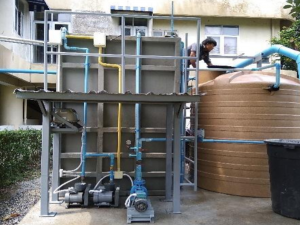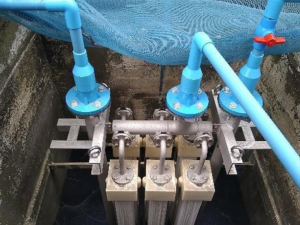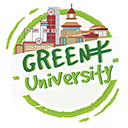
Waste Management
Planning and Implementation of recycling and waste management programs
Recycling program for university waste
Recycle bins are found all over the campus. Plastic, aluminium and glass are separated at the point of disposal. Srinakharinwirot University (SWU) has introduced several campaigns to reduce the use of paper and plastic on campus, such as reduce use of plastic water bottles by providing free water distribution and reduce use of plastic bags by providing ALL freshman students with cloth bags. In addition, as an effort to reduce waste – from 9th August 2018, third party vendors (shops, restaurants and a hospital) were instructed to minimize handing out plastic bags and plastic food containers. The recyclable waste are sorted and transferred to appropriate recycle plants.
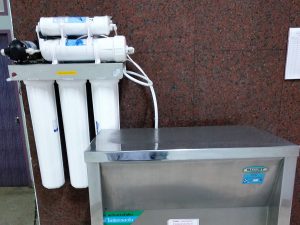
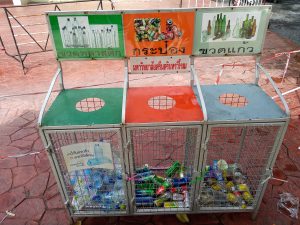
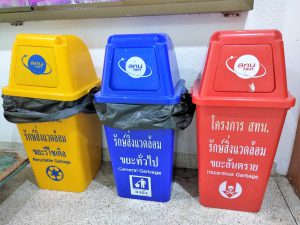
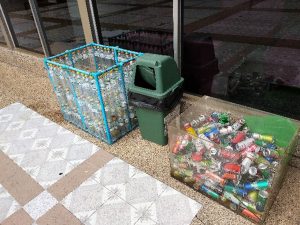
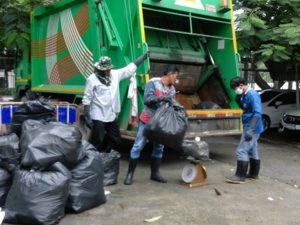
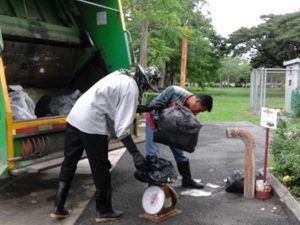
Waste treatment
35% of the 1.8 million sq.m. of Ongkharak Campus is covered in vegetation with a further 7% covered in trees / forest. This results in a lot of organic waste, which is collected and treated to turn it into fertilizer. Recycle bins for inorganic waste are found all over the campus, and they are well utilized. Plastic, aluminium and glass are separated at the point of disposal. Metal scraps are resold for other purposes. Certain types of plastic such as plastic bags and PET bottles are treated with pyrolysis process. Toxic waste is separated at the point of disposal. This is facilitated by bins being placed at strategic locations around campus where toxic waste is likely to be produced, such as at the medical school, the chemistry department, the engineering school. All toxic waste are treated outside of campus.
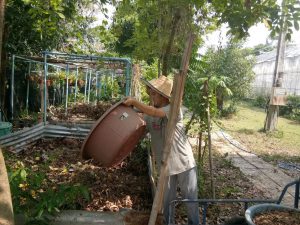
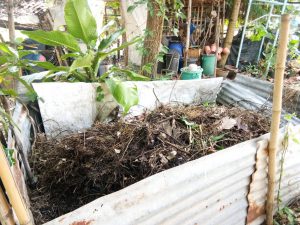
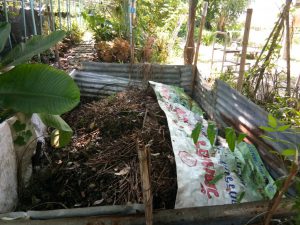
Membrane Bioreactor
Grey waste water is treated using MBR technique (Membrane Bioreactor). Quality of treated water is checked and monitored, and it is mainly used for farming and cleaning purposes. This campaign will be further expanded at the Ongkharak campus.
